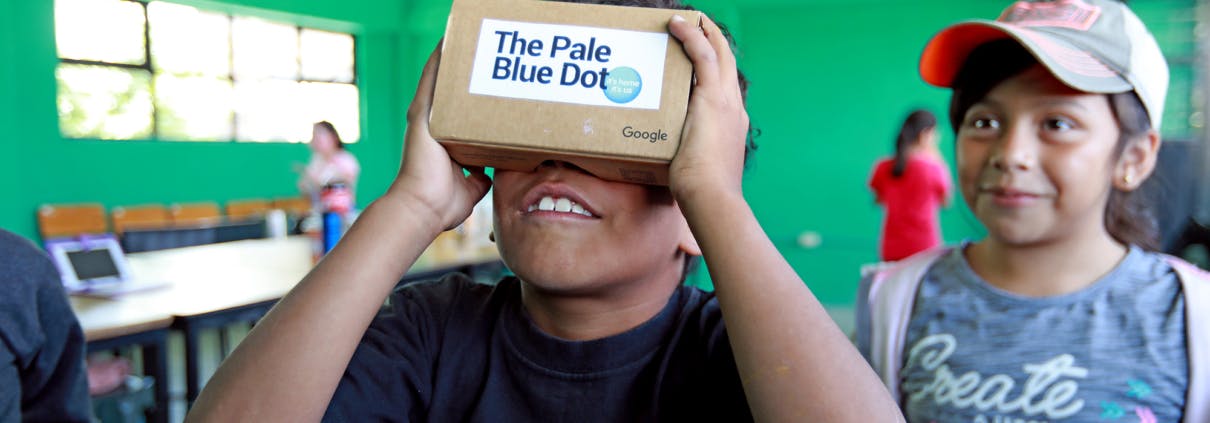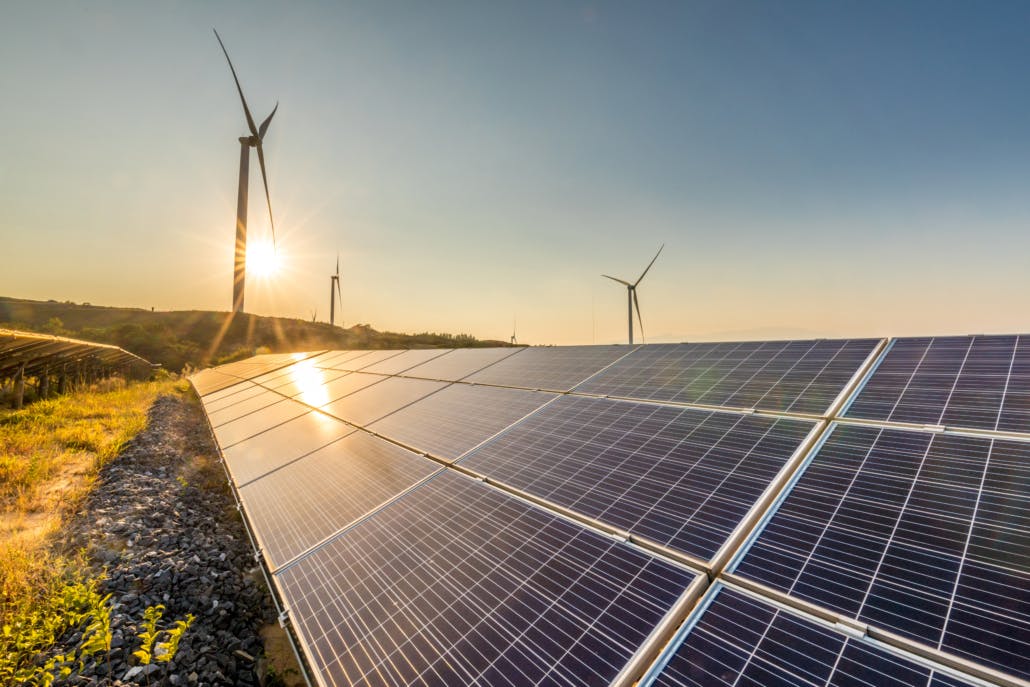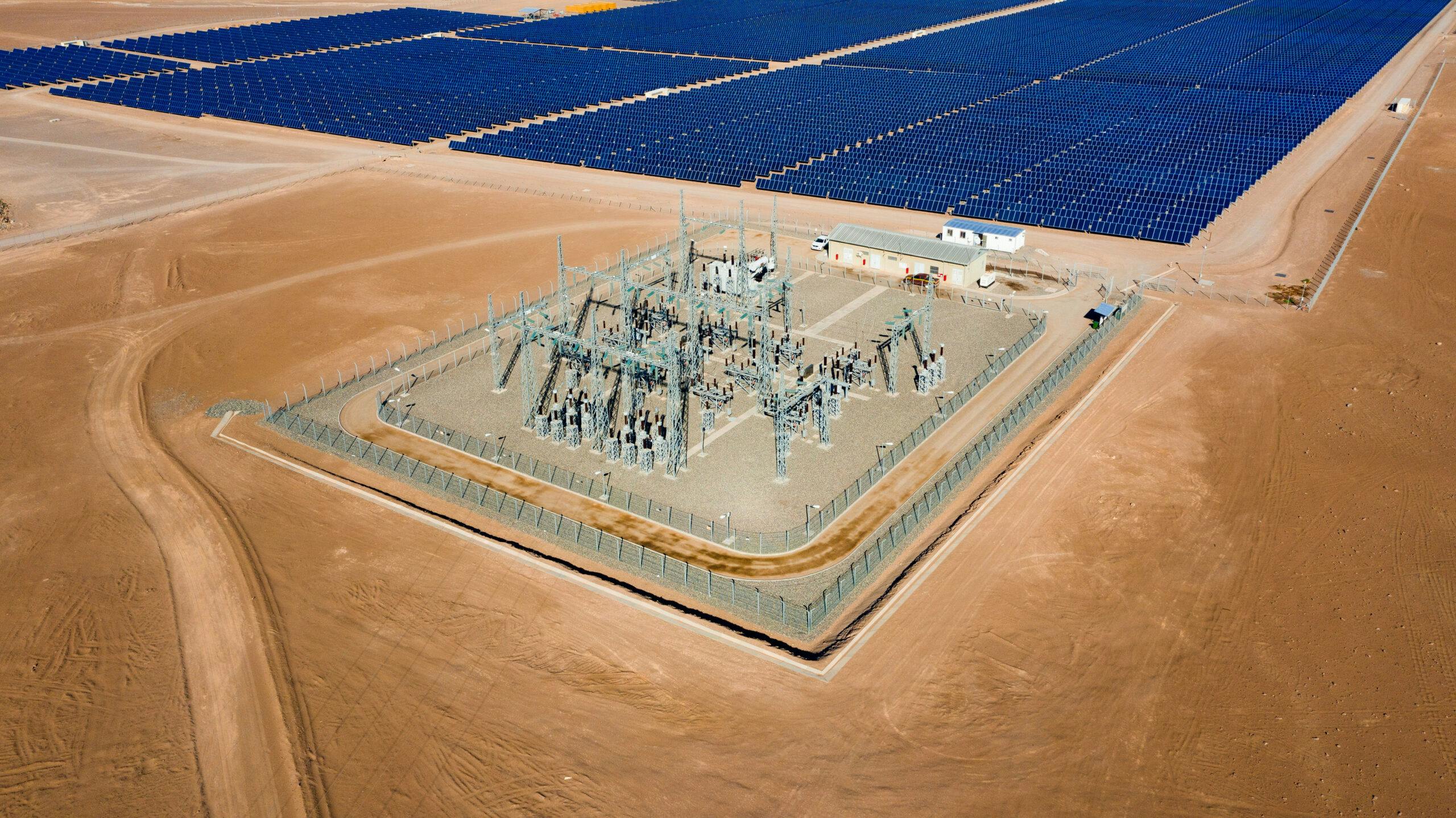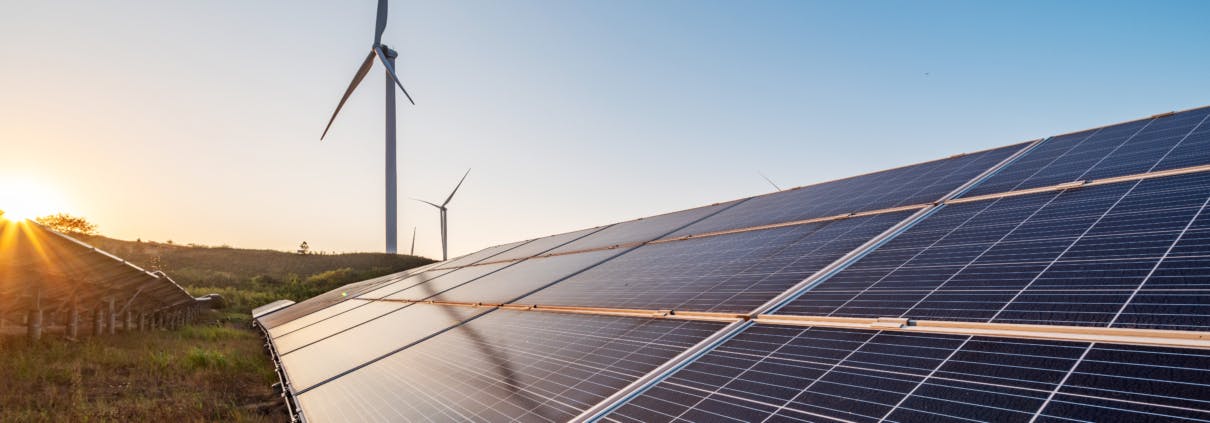Education and Solar Energy go hand in hand in rural Mexico

Through a social initiative, Atlas Renewable Energy was able to offer Mexican kids in rural schools access to the worldwide web.
Mexico is going through one of the most challenging times in its history when it comes to leveling the field for education and literacy. Thanks to a changing landscape and evolving policies, school enrollments in the formal education system increased from 3 million to 36.4 million students in the last 50 years, according to the WENR 2019 Country Profile. But inequality across states has become more visible, with major differences between rural and urban contexts.
Despite being a short car ride from the capital, the state of Hidalgo faces some of the development challenges typically found in rural areas. According to the National Council for the Evaluation of Social Development Policy (CONEVAL), the state has the eighth-highest poverty rate in Mexico with 52.8%. Hidalgo also faces a challenging situation in terms of education, with almost 9% of its residents unable to read or write, ranking the state in 26th place for literacy in the country.
In the early months of 2019, our team at Atlas Renewable Energy started working with this tight-knit community while building the Guajiro Solar Plant in the western area of the state. Beyond the immediate needs we identified in the conception of this project, we understood that this area required efforts that were twofold: facilitating the adoption of renewable energy sources and improving the social conditions of the wonderful community we served.
As the first solar energy plant in Mexico, Guajiro aims to provide a great number of benefits at a local and national level: bringing clean energy to over 120,000 families and removing almost 215,000 tons of carbon dioxide from the atmosphere every year. The environmental benefits were clear, but when it came to helping solve one of the most pressing local issues, we found many unexpected challenges. Upon visiting the educational institutions, essential elements such as proper didactic materials, bathrooms, and functional water pipes were lacking from many schools.
Understanding the Needs of the Community
At Atlas Renewable Energy, we care about serving the community. Before embarking on a project, we carefully study their needs to ensure that we can improve their lives in tangible ways. Through a humanistic approach to Social Responsibility, focused on getting to know the people and making an effort to understand their needs, we are able to set ambitious yet realistic goals and ensure we have the capability to implement initiatives that improve and support each community.
The initial concerns we addressed pertained to the poor infrastructure conditions that hampered the learning process of students. We assembled a dedicated team that painted and repaired the classrooms. We also assembled roofs for the children’s recess area so they can have fun outdoors no matter the weather; and took the time to understand what equipment, including furniture, was necessary to create new digitally-enhanced classrooms.
The heart of the project is giving the students in communities neighboring the Guajiro Solar Plant the benefits of accessing unlimited knowledge through the Internet and a new digital educational platform for students and teachers to use during class. This educational platform is constantly evolving, as it is reviewed and adapted according to the needs and interests of each school. Moreover, each classroom is thoroughly tracked to ensure the academic progress of the students. The platform allows students to use satellite internet, tablets, virtual reality equipment, and interactive educational software for an enhanced learning experience that expands their creativity, curiosity, and critical thinking skills.
Using Technology to Lead the Way

The partnership between Atlas Renewable Energy and The Pale Blue Dot was key to developing this remarkable project. The Pale Blue Dot is an organization promoting social development for children and young people in Mexico through education with technology and the internet. With The Pale Blue Dot’s expert team of anthropologists, sociologists, and technicians specialized in studying the needs and interests of the community, we were able to create projects that fulfilled the needs of a community we had gotten to know so well. Their role also included monitoring the schools, analyzing how the program could be adapted to the students, and training teachers to operate the devices so they could teach through the platform.
We based the concept of digital classrooms on the benefits that technology brings to the different areas of childhood education. By creating a digital solution, we contribute to closing the gap between schools in rural areas and those with more advanced resources in urban areas. Besides showing positive academic results, digital classrooms proved to be fun and interactive, using dynamic tools to instill a love of learning in students.
Uplifting Results for All
This project embodies our efforts to give back to the community, but most of all captured the minds and hearts of everyone involved. The results mirror the commitment and care invested from its conception to its implementation.
Beyond Guajiro, our initiatives benefit students of all levels, from primary to high school, in the municipality of Nopala de Villagran. We also provided some of the same resources to almost 800 adults in the Public Library of Dañu. We are extremely proud to have contributed to these hard-working communities, giving more than 2,400 children and adults access to new educational resources because of this endeavor. We got to witness the positive impact that projects like this have, and how many students benefit from programs that are created specifically to fit their needs. This motivates us to continue to invest and support communities, as we strive to make a positive impact in Latin America for generations to come.
Sources
- Zarco, J. (2019, June 11). “Guajiro”, entra en operación en Nopala de Villagrán, municipio de Hidalgo.
Retrieved from:
www.pv-magazine-mexico.com/2019/06/11/guajiro-entra-en-operacion-en-nopala-de-villagran-municipio-de-hidalgo/ - WENR. (2019, August 19). Country profile: Education in Mexico.
Retrieved from:
wenr.wes.org/2019/05/education-in-mexico-2 - CONEVAL. Evaluation Report on Social Development Policy in Mexico.
Retrieved from:
www.coneval.org.mx/Informes/Coordinacion/INFORMES_Y_PUBLICACIONES_PDF/Info_Eval_Pol_Des_Soc_2012sbiblio.pdf
Share This Entry


